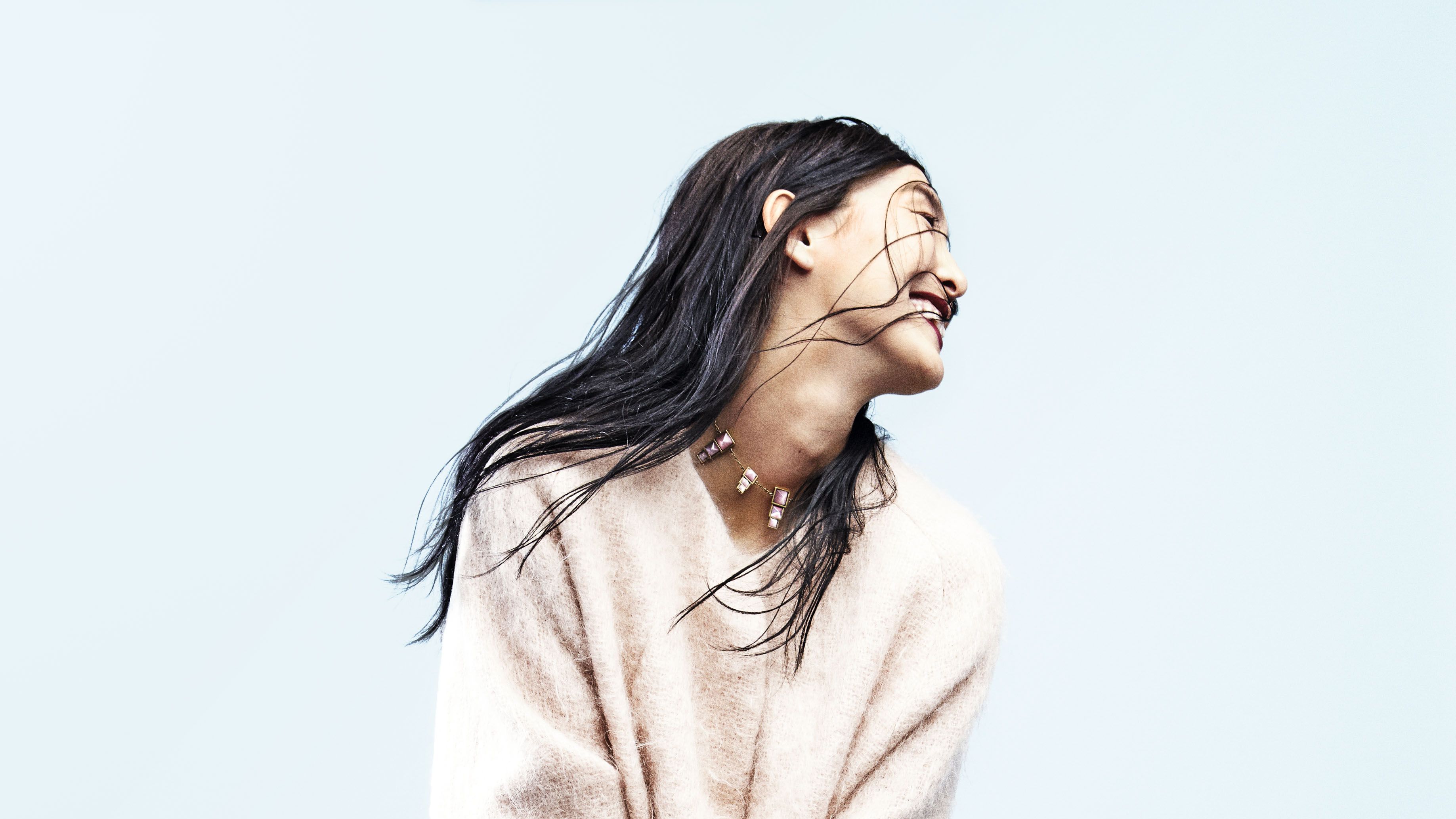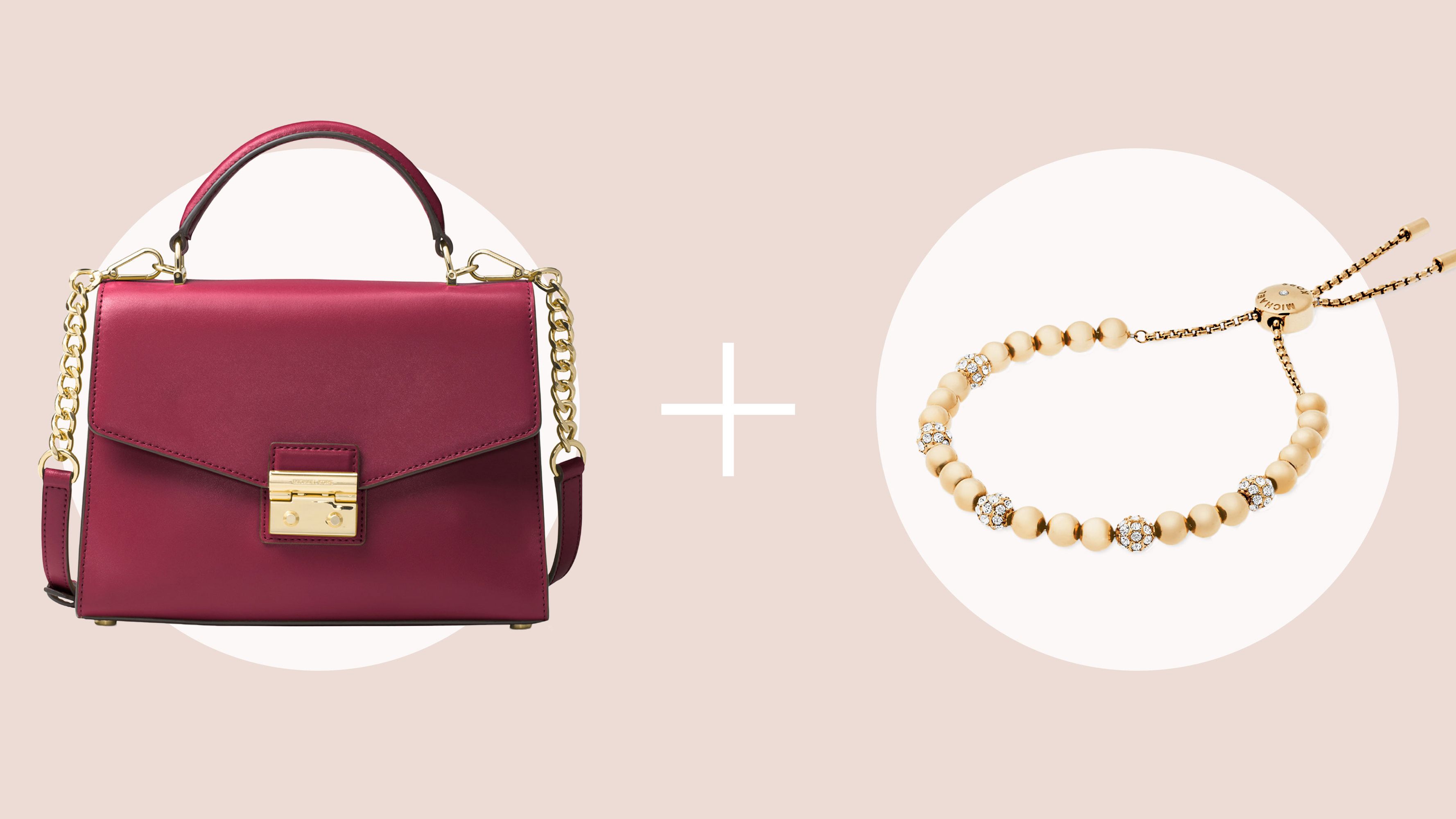The Shrink Is In: How to Dress the Part for a Promotion and Stay Sane During the Holiday Madness
Resident psych Dr. Samantha Boardman has the answers.

I once heard you should dress for the job you want, not the one you have. Does this really work in getting a promotion?
Dr. Boardman: People make snap judgments about us based on our appearance, especially when it comes to what we are wearing. But what we wear has meaning beyond what others see; it also affects the way we perceive ourselves.
The symbolic power of clothing became crystal clear to me when I put on a white coat for the first time in medical school. Like magic, I became a doctor before my own eyes. I stood taller, held my head higher, and felt more confident. Whenever impostor syndrome would rear its ugly head, the white coat was a reminder that I belonged.
I learned that dressing the part can help us rise to the occasion. In fact, there is scientific evidence suggesting that clothing can influence your posture, body language, motivation, and even mood. When you wear something hat makes you feel great, the effects may be subtle—the way you tilt your head, your facial expressions—but they matter.
RELATED STORIES

Mission Impossible: Accessories That Will Make You Look Expensive at the Office
If you are looking for a promotion, wear clothes that make you feel strong. The right outfit may even enhance creativity, focus, and negotiation skills. Related research highlights how getting dressed up promotes abstract thinking and provides perspective. Yes, a power suit can be literally empowering. This may be particularly helpful when things aren’t going your way or you have a tough day ahead. When you look your best, it’s easier to see the big picture and not take criticism too personally. The right outfit can help you feel more confident when you need it most—it can serve as both armor and inspiration. Studies have found that people say they feel friendlier and more competent in business attire than in T-shirts and jeans. Of course, it depends on the work that needs to be done and on personal preferences. Whatever you do, choose clothes that bring out the best in you, that elevate you, and that make you feel strong and beautiful.
Holidays can be downers (busyness, dysfunctional relatives), especially when I think about how this time of year is supposed to be festive and fun. How can I enjoy the season more?
Dr. Boardman: The holidays can be draining and downright stressful. To avoid burning out, avoid burning the candle at both ends. Here are a few strategies to help you stay merry.
1. Give your time away: Volunteer at a soup kitchen. Deliver meals to the homebound. Write a note to a friend or relative expressing how much that person means to you. Doing things for others will make you feel less rushed and serves as a great reminder of what really counts.
Stay In The Know
Get exclusive access to fashion and beauty trends, hot-off-the-press celebrity news, and more.
2. Get fresh air: As tempting as it might be to curl up by the fireplace, spend at least 20 minutes a day outside. It will boost your mood and clear your mind of negative thoughts.
3. Avoid hot-button topics at family gatherings: Steering clear of heated subjects doesn’t mean you have to talk about the weather. Ask relatives questions about family history or other topics of genuine interest to all of you. You might learn something.
4. Know your triggers: Holiday stress combined with the increased abundance of calorie-packed treats can lead to unnecessary eating and drinking. Be aware of those situations and your choices. Life isn’t on hold until January 1. Do not use the holidays as an excuse to put health on the back burner.
5. Embody gratitude: Take giving thanks to heart. In addition to counting your blessings, think of gratitude as an action. Contribute to something. Add value.
Dr. Samantha Boardman is a clinical instructor in psychiatry and assistant attending psychiatrist at Weill Cornell Medical College in New York City, and the founder of positiveprescription.com.
This article appears in the November issue of Marie Claire, on newsstands now.